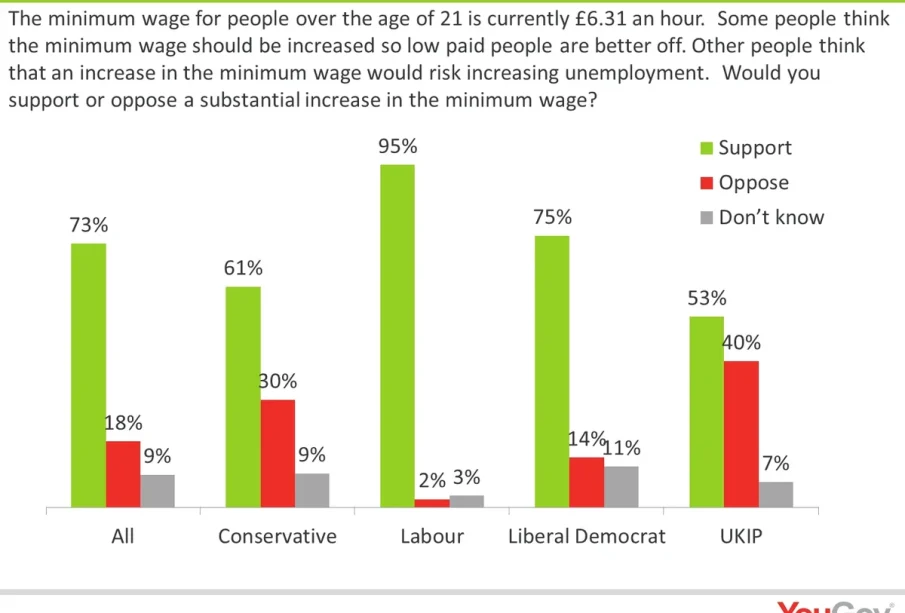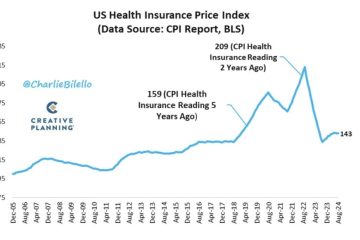Concerns Surrounding the UK Minimum Wage Rise

Introduction
The recent announcement of an increase in the UK minimum wage has sparked significant debate among economists, business owners, and workers alike. As the cost of living in the UK continues to rise, the proposed wage increase aims to help low-income workers sustain their livelihoods. However, this move has raised concerns about potential repercussions on small businesses, job availability, and inflation levels.
Details of the Wage Increase
Starting from April 2024, the National Living Wage will rise from £10.42 to £11.00 per hour. This represents a 5.5% increase, which the government argues is necessary to support workers facing rising costs, particularly in housing and energy. The government projects that around two million workers will benefit from this wage increase, which is expected to lift many out of poverty. However, critics argue that such a significant hike may burden employers, especially smaller firms operating on thin margins.
Business Concerns
Small business owners have voiced their apprehensions regarding the wage rise, expressing fears that the additional costs will lead to staff layoffs, reduced hours, or increased prices for consumers. According to a recent survey by the Federation of Small Businesses, 70% of respondents believe that the wage increase could negatively impact their business viability. Business groups argue that while they support fair wages, the timing and scale of the increase could lead to more job losses in a fragile economy recovering from the pandemic.
Impact on Inflation
The UK inflation rate has been a hot topic over the past few years, exacerbated by rising energy prices and supply chain disruptions. Economists warn that increasing the minimum wage could further fuel inflationary pressures, leading to an increase in the cost of goods and services. As businesses adjust to the new wage requirements, they may pass on these costs to consumers, leading to higher prices and potential inflation spikes. The Bank of England will closely monitor the situation in the coming months.
Conclusion
The rising concerns regarding the UK minimum wage increase highlight the complex interplay between fair compensation for workers and the economic sustainability for businesses. As the implementation date approaches, both supporters and critics will be watching closely to see how this wage change impacts the job market and inflation. The government must find a balance that supports low-income workers while ensuring that businesses remain viable in a competitive economic landscape. For workers, this wage increase is a glimmer of hope, but the potential broader economic implications remain uncertain.









